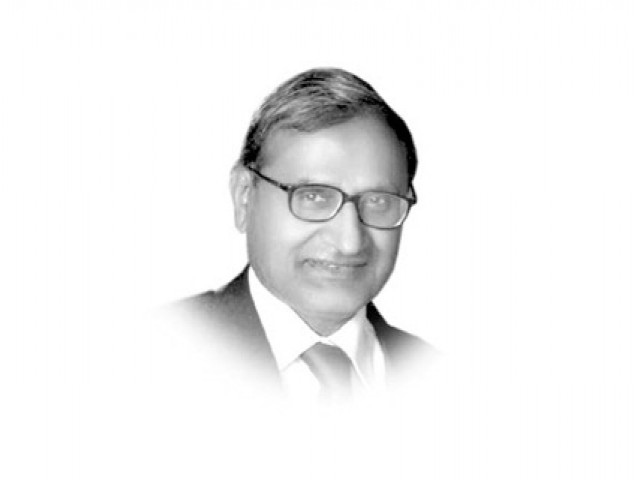And now the bad news
Strengthening people's institutions is more important than institutions of state, no matter how consultative they are.

With this note of caution, the HGI is a welcome addition to the expanding universe of indexes for an important reason. The central concern of the human development perspective pioneered by Mahbubul Haq and Amartya Sen has been the disconnect between economic growth and development of the people. Poverty, inequality and exclusion are not addressed automatically by rising output and income. To begin with, human development emphasised the need for investment in the capabilities of the people to seize upon the opportunities created by economic growth. Now, it transpires that poor governance leads to poor returns from investment in capabilities. It also keeps growth lower than the potential. The poor and marginalised bear a disproportionate burden of the cost imposed by bad governance. These costs take the form of insecurity of life and property, deteriorating coverage and quality of health, education and civic amenities.
The report pushes the human development discourse further by providing conceptual clarity on the issue of governance. There is no doubt that governance has been on the development agenda since the late 1980s, but only as a black box in need of a search engine. In the 1999 report of the Centre, the idea of human development was advanced. The present report explores the incapacities of institutions, policies and mechanisms to empower people. A key finding is that promoting voice and accountability is not enough to raise the level of human development. Governance is much more than the institutions of the government. Strengthening the institutions of the people is more important than the institutions of the state, no matter how consultative these are. This is the essence of empowering people. Humane governance thus promotes, supports and sustains human development.
In the report, it is made clear, time and again, that the HGI is still very much a work in progress. There is an emphasis on decentralisation and participation in the text of the report. But the HGI does not capture this critical aspect. The component of civic governance includes press freedom, rule of law and civil and political rights. It is silent on local governance.
Published in The Express Tribune, September 22nd, 2012.














COMMENTS
Comments are moderated and generally will be posted if they are on-topic and not abusive.
For more information, please see our Comments FAQ